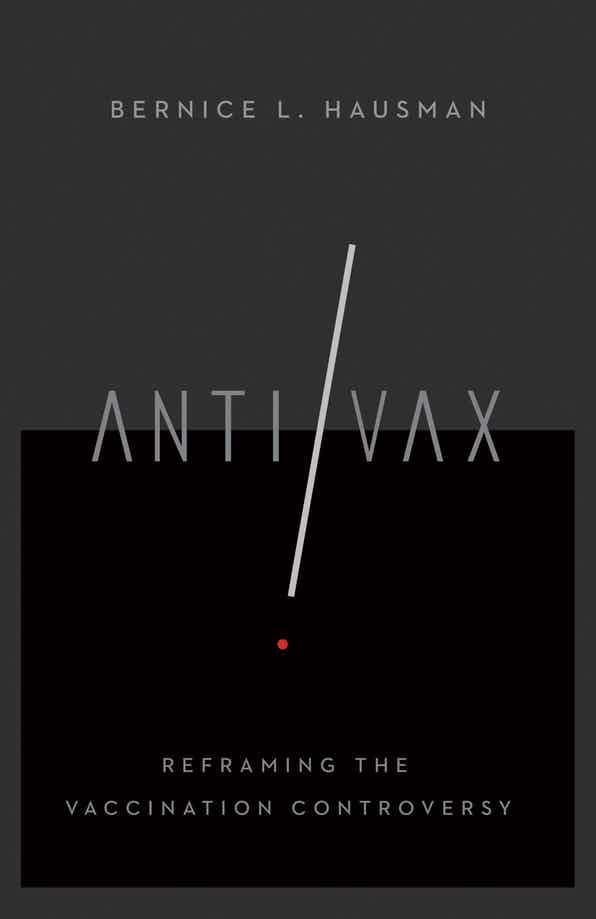Tackling Root Causes: Screening and Addressing Non-Medical Drivers of Health



"Man worried about coronavirus still hasn’t gotten flu shot," reads a headline this week at The Beaverton -- one of The Onion's numerous imitators, in this case based in Canada.
Seldom will a mock news item of this kind develop a joke very far beyond what is given in the title. The reader watches, helpless, as a one-line premise is slowly beaten to death. But here the ironic "reporting" provides a hook for some real-life information that bears repeating. The anxious citizen is "very concerned that the Chinese and Canadian governments aren’t doing everything possible to prevent a pandemic like the SARS outbreak in 2003 that killed 774 people," we're told, "a number representing approximately 0.0011 to 0.0026 percent of the hundreds of thousands of annual worldwide deaths caused by influenza."
Fretting that his grandmother wouldn't survive the coronavirus, he runs the risk of killing her himself: his failure to get a flu shot reduces herd immunity. The article closes with him "writing an angry Facebook rant questioning the government’s current quarantine procedures on a public computer at work while rubbing his eyes and touching his mouth."
Swiftian satire for the 21st century this isn't, but as a public service announcement, it seems fit to purpose. (Had I not already done so earlier in the season, the article would push me to make getting a flu shot a priority.) And it makes the wider point that when media coverage of an unfolding health crisis goes viral, the anxiety can block awareness of dangers that are, sometimes literally, right under our noses.
Less than a month after the World Health Organization released news of a "pneumonia of unknown etiology … detected in Wuhan City, Hubei Province of China," work on a vaccine is underway at laboratories around the world. This, it seems to me, is encouraging news -- no matter when (or even if) immunization for the coronavirus becomes available. The speed of the response and the degree of coordination and cooperation among researchers are impressive. Skepticism toward technocratic authority is wise and warranted, but in a showdown between technocrats and a fatal virus, I am inclined to root for my own species.
But reading Bernice L. Hausman's Anti/Vax: Reframing the Vaccination Controversy (Cornell University Press) over the past few days has required me to face just how defective that may be as a way to frame the issue. A professor and chair of humanities at the Penn State College of Medicine, the author undertakes a rhetorical analysis of the public debate over vaccination, as it has developed in the United States over the past 30 years or so. She has also directed an ongoing research program on attitudes toward vaccination, including open-ended and in-depth interviews "asking people about their vaccination practices in the context of their health beliefs" more generally.
The book is essentially nonpolemical. Very few people who come to it with a given stance for or against vaccination will finish it having changed their minds. "Researching vaccination has made me more of a skeptic than I used to be," Hausman writes. "And yet I still get my tetanus shot every decade." In other words, she finds herself outside the two major narratives about vaccination that have become increasingly dominant in American public discourse. One is that vaccination is "safe and effective and poses almost no risk to individuals," while the other holds that it is "dangerous to some or all citizens and is only marginally -- if at all -- effective."
Strict adherents to the perspective that vaccination is dangerous and nothing else "appear to be very rare in the population as a whole," she writes. Although "complete nonvaccination of children remains extremely low (less than 1 percent of the population), there is a perception that nonvaccination is a significant and widespread threat," with the fanatical "anti-vax" parent emerging as a stereotypical figure in mass media and public discourse starting over roughly the past 15 years. Hausman's account raises the question of whether the very idea of an "anti-vax" stance has become a problem. It implies a segment of the public united around absolute opposition to vaccination as such, probably living in militant ignorance and fear of science, incapable of reasoned argument.
My remark above about cheering for humans against deadly viruses, for example, sneaks in an implication that anti-vaccinators harbor the opposite agenda. This is not a stance likely to persuade anyone not sharing its premises. Those of us who think the decline of polio, the measles and other illnesses counts for more than largely anecdotal evidence about the dangers of immunization should be more concerned with persuasion than excoriation. As for the Canadian guy depicted by The Beaverton, he is not so much anti-vax as clueless; like anyone else unaware of the principle, he should follow the link above concerning herd immunity. Viruses keep mutating and no preventative measure is perfect, but wash your hands anyway.
Comments
Post a Comment